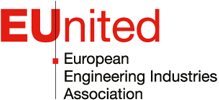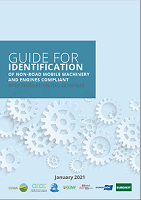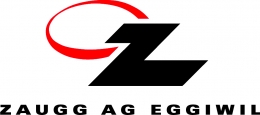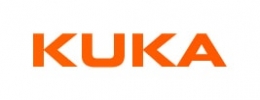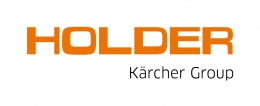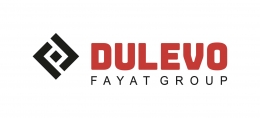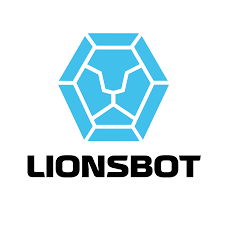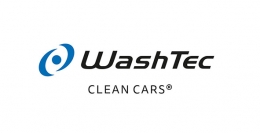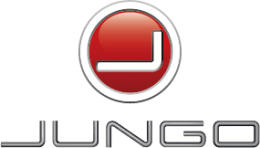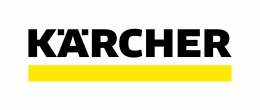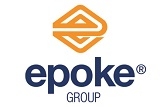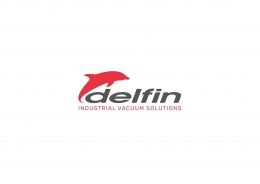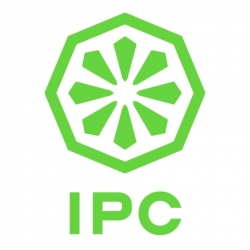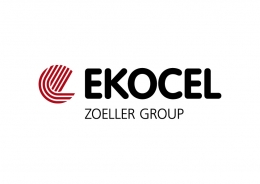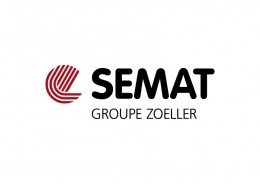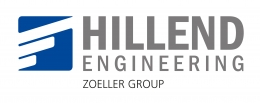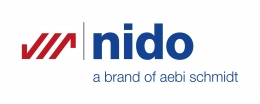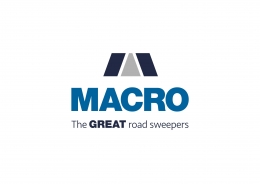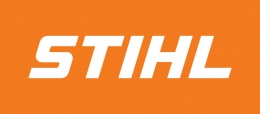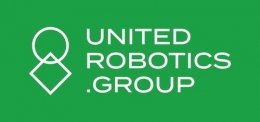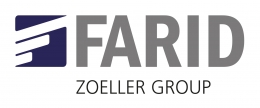September 2020
EUnited’s Feedback on European Commission’s Inception Impact Assessment concerning Ethical and Legal Requirements for AI
EUnited supports the principle and pursuit of trustworthy, human-centric, and ethical AI in Europe. Nevertheless, it reminds the Commission that – contrary to the statements made in the Inception Impact Assessment - the reality today is that uptake and investment in AI is greatest in areas of the world where no regulation yet hampers or stifles its deployment. Europe is currently losing the global AI race. The stipulation of trustworthy AI being the major force for gaining a competitive edge vis-à-vis China and the US is unrealistic.
EUnited is convinced that artificial intelligence (AI) drives and contributes to the digital and green transformation. It can do so across a broad range of sectors from healthcare to manufacturing and beyond, which in turn will lead to badly needed economic growth and the ability to meet numerous other societal challenges.
EUnited supports the principle and pursuit of trustworthy, human-centric, and ethical AI in Europe. Nevertheless, it reminds the Commission that – contrary to the statements made in the Inception Impact Assessment - the reality today is that uptake and investment in AI is greatest in areas of the world where no regulation yet hampers or stifles its deployment. Europe is currently losing the global AI race. The stipulation of trustworthy AI being the major force for gaining a competitive edge vis-à-vis China and the US is unrealistic.
We believe it is therefore of vital importance to strike the right balance between EU intervention on the one hand and ensuring the competitiveness and innovation potential of our businesses, whilst protecting the rights of our citizens, on the other. In general, we believe that more work can be done to boost EU businesses by, for example, open-sourcing datasets and sharing ongoing research. Finally, it should also be pointed out that the compliance costs related to - what might appear to be only minor regulatory interventions - may be decisive for the competitiveness of many European businesses, especially SMEs.
EUnited favours Policy Option 1 contained in the Inception Impact Assessment (IIA). We believe that this soft law approach could quickly allow industry to harness the potential of ongoing national initiatives thus increasing uptake of AI systems across many industrial sectors and thereby accelerating the green and digital transformation. A good way to ensure that the complex socio-technical systems being created with AI will in practice adhere to ethical standards is to actively involve all people devising and implementing such systems. Option 1 ensures the involvement of those taking responsibility and accountability for the ethical implications. At this stage a soft law approach is preferable to risking a serious disturbance of this transformation. Such disturbance could arise as a result of a lengthy and difficult legislative procedure borne out of the desire to introduce hard law to regulate only a very few contentious applications, already covered by other parts of EU law (e.g. data, privacy, safety and liability).
Whilst EUnited also believes that there may be some benefit to pursuing regulation for highest risk applications (i.e. Policy Option 3(1)), we think that it is premature given the difficulties we will inevitably face in distinguishing risk levels related to vastly different use-cases of similar or identical applications, all in a rapidly evolving context. To put it another way, an application such a facial recognition could be totally benign or extremely risky depending on the use-case. Sectors such as ours rely heavily on innovation through offering new functionalities to the customer. Indeed, this is the key to remaining competitive. So a one-size-fits-all approach to the regulation of different applications of AI is not in the interest of Europe. EUnited therefore clearly rejects an Option 3(3) approach. It adds no additional benefit while seriously damaging European competitiveness.
EUnited appreciates that the Commission is analysing the existing legal framework to identify any gaps related to AI in - for example – the safety and liability Frameworks. However, EUnited questions whether the scoping of legal requirements on AI per se is appropriate in the first place. Indeed it is questionable whether any of the potential issues identified in either framework so far (such as changing functionalities of products - product “evolution” - or allocation of responsibilities in the supply chain) are limited to AI at all or are they simply applicable to all ICT solutions? Again, this refers back to the issue of defining the problem or concept.
EUnited firmly believes that the very nature of the EU’s Product Safety Framework - made up of detailed regulation and supported by highly detailed technical standards - is fit for purpose. Indeed, this framework itself evolves as industry and stakeholders constantly strive to establish new norms to deal with emerging technologies. In other words, whether a product has AI embedded in it or not makes no difference, it must simply be safe and fulfil all safety requirements when it is placed on the EU market, regardless of technology.
The same applies to the Product Liability Directive which is designed to compensate victims for harm suffered as a result of using defective goods. In its evaluation of the Directive, the Commission found it to be coherent, relevant and future proof. The High-Level Expert Group of the Commission also advises against establishing a legal personality for AI systems or robots. EUnited agrees with both statements.
The potential for European industry to support the green and digital transformation through uptake of AI shouldn’t be overlooked. The European institutions should keep the competitiveness of Europe at the forefront when considering any legal intervention on AI, particularly given the breadth of coverage of the exiting legal framework. EUnited recommends the approach set out in Policy Option 1 to best strike the balance at this stage.
The EUnited AI Task Force will begin work on a more detailed position on AI ahead of the Commission’s legislative proposal due to be published in Q1 of 2021. This position will go beyond simply stating EUnited’s preferences with regard to the options presented by the Commission in its Inception impact Assessment. It will also provide EUnited's input on some key aspects of any future measure such as application fields and risk classification, autonomous decision making, and the need for explainability or transparency.
Download Position Paper:
EUnited's Feedback on EC's Inception Impact Assessment Concerning Ethical & Legal Requirements for AI
Industrious Brussels EU District, Avenue des Arts 6-9, 1210 Brussels, Belgium, +32 490 57 57 65
Transparency Register number: 0289344948-82
